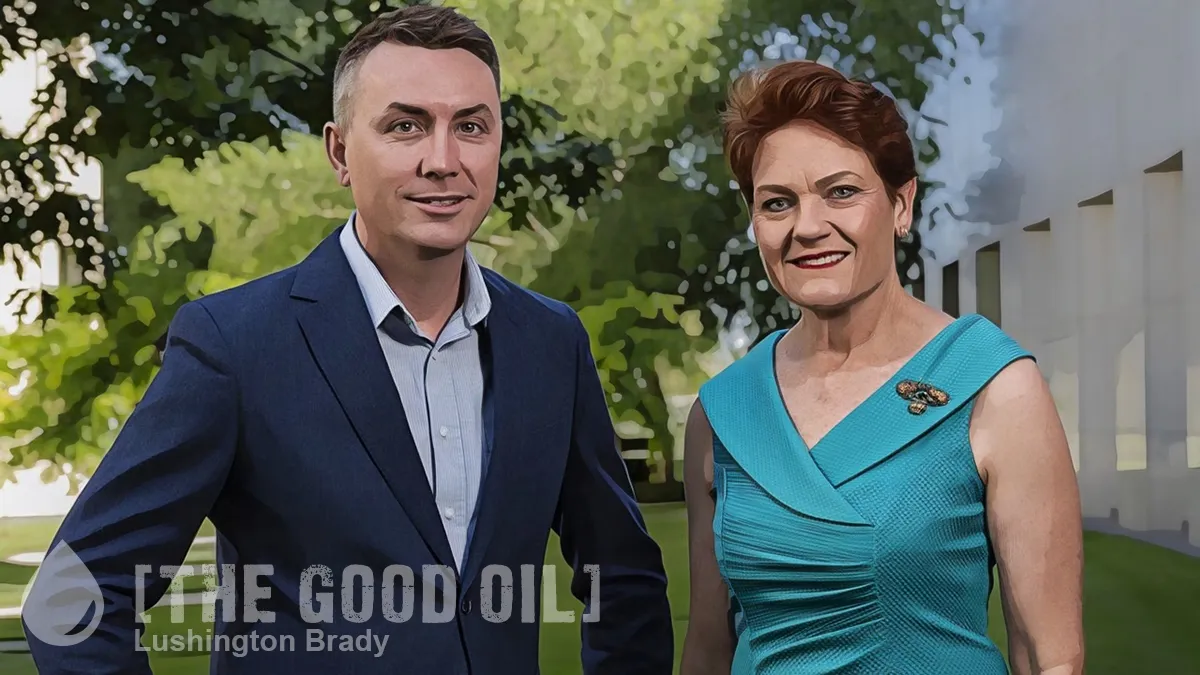Table of Contents
Many years ago, my wife and I were called to a meeting with the school principal, over an “incident” involving our son. He’d laid out another kid.
Except, as it turned out, our son had been repeatedly bullied by the kid, given him plenty of warnings to back off, then finally decked him. So, we stood firm against what I can only describe as another kind of bullying, by the principal and deputy. They tried to convince us that he needed to do their “anti-bullying” course, despite being the victim, not the bully. “After all,” they said. “The other boy has been doing it.”
“Well, it’s clearly not working, is it?” I responded.
I thought of that interaction, on learning of yet another Islamic stabbing attack, this time in Perth.
Two years of painstaking effort to try to deradicalise a Perth teenager came horrifically unwound in the space of just minutes.
The 16-year-old boy shot to death in the carpark outside a Willetton Bunnings on Saturday night had since the age of 14 been one of several juveniles in a program aimed at helping those who have been radicalised online. That support program had drawn on West Australian police, psychologists, the Department of Education, and faith leaders in an effort to prevent precisely the sort of incident that played out over those frantic few minutes.
Well, it clearly didn’t work, did it?
In fact, Australian taxpayers might be justified in asking: has anyone ever actually been “deradicalised” by so-called “de-radicalisation” programs? Because we’re paying out millions for them. Surely, we’re justified in expecting results.
Especially when certain segments of the population are so disproportionately — to the point almost of exclusively — over-represented in terror attacks and plots.
Not that anyone is apparently prepared to be honest about that.
A member of the public reporting a male with a large knife running through a car park in Willetton, a suburb in Perth’s south known for its multicultural population.
It took three minutes for three police officers to arrive at the scene. There, they were confronted by a caucasian male carrying a 30cm-long kitchen knife.
The Australian
Now, there’s a curious couple of sentences. Willeton’s “multicultural population” is mostly Hindu and Buddhist, though they’re well outnumbered by Christians and non-religious residents. Muslims — the religious affiliation of the attacker — are just 4.5% of the suburb’s population. So, why emphasise the “multicultural” aspect?
Even more curiously, why emphasise that the alleged attacker is “caucasian”? I’m scratching my head to recall the last time a terror attacker was described as “Middle Eastern”.
It’s almost as if they’re trying to deflect attention from the obvious.
But, back to the “de-radicalisation”.
The Imam of Perth’s largest mosque, the Nasir Mosque, Imam Syed Wadood Janud condemned the attack in the strongest terms […]
“The whole community is shook, and we are all concerned regarding the perpetrators’ online radicalisation that early reports are hinting towards,” he said.
“There is no place for violence in Islam.”
The Australian
Re-he-he-ealllly? Has he never read his own scriptures?
“The fundamental problem is that the majority of otherwise peaceful and law-abiding Muslims are unwilling to acknowledge, much less to repudiate, the theological warrant for intolerance and violence embedded in their own religious texts.”
Ayaan Hirsi Ali
It will no doubt be pointed out that the latest Islamic terror attacker had a history of mental illness. No doubt this will be correct. But, far from a mitigating factor, it’s a confounding one.
It’s well known in counter-terror circles that jihadists frequently target mentally vulnerable people, mostly young men, to groom them as attackers.
Samina Yasmeen, director of the University of WA’s Centre for Muslim States and Societies, said teenagers tended to form their identity and their idea of the “self and the other” between the ages of 15 and 19.
She said those with mental health issues were particularly vulnerable to being influenced by harmful narratives on social media.
Yet, statistics on terror indicate that it’s one harmful narrative in particular. After all, for all the shrieking by the left, there’s a notable lack of terror attacks by the followers of the odious Andrew Tate, let alone the ridiculously-maligned Joe Rogan or Jordan Peterson.
WA Police Minister Paul Papalia said the teenager was taking part in a Countering Violent Extremism (CVE) intervention program, funded by the Commonwealth but implemented by individual states and territories.
Australians might be justified in wondering if this is yet another failure to sheet home to the current government.
Mr Papalia said Australia’s CVE scheme was based on the work of federal Youth Minister Anne Aly, who has contributed to dozens of research papers on extremism, terrorism and radicalisation.
ABC Australia
Many have, over the years, questioned Aly’s supposed “expertise” on “de-radicalisation”.
Certainly, Australia’s security agencies don’t have much faith in such “de-radicalisation” programs.
The teenager accused of planning [2016’s] Anzac Day terror plot was part of a deradicalisation program plagued by problems and dominated by “media hogging” academics.
That is the view of former ASIS agent Warren Reed who said the main problem with deradicalisation programs is they had too much academic influence and were ineffective.
Whoever could he be talking about?
However Prof Aly, from Edith Cowan University, maintained academics had a big role to play in such programs because while intelligence agencies had information, it didn’t always equal knowledge.
News.com.au
Spoken like a true academic.
Perhaps a guilty conscience needs no accusing.
Whatever the case, despite millions poured into the pockets of academics, mosques, sporting groups and community organisations, the Islamic terror attacks just won’t go away. Maybe Ayaan Hirsi Ali is right, and the problem really is Islam itself.









